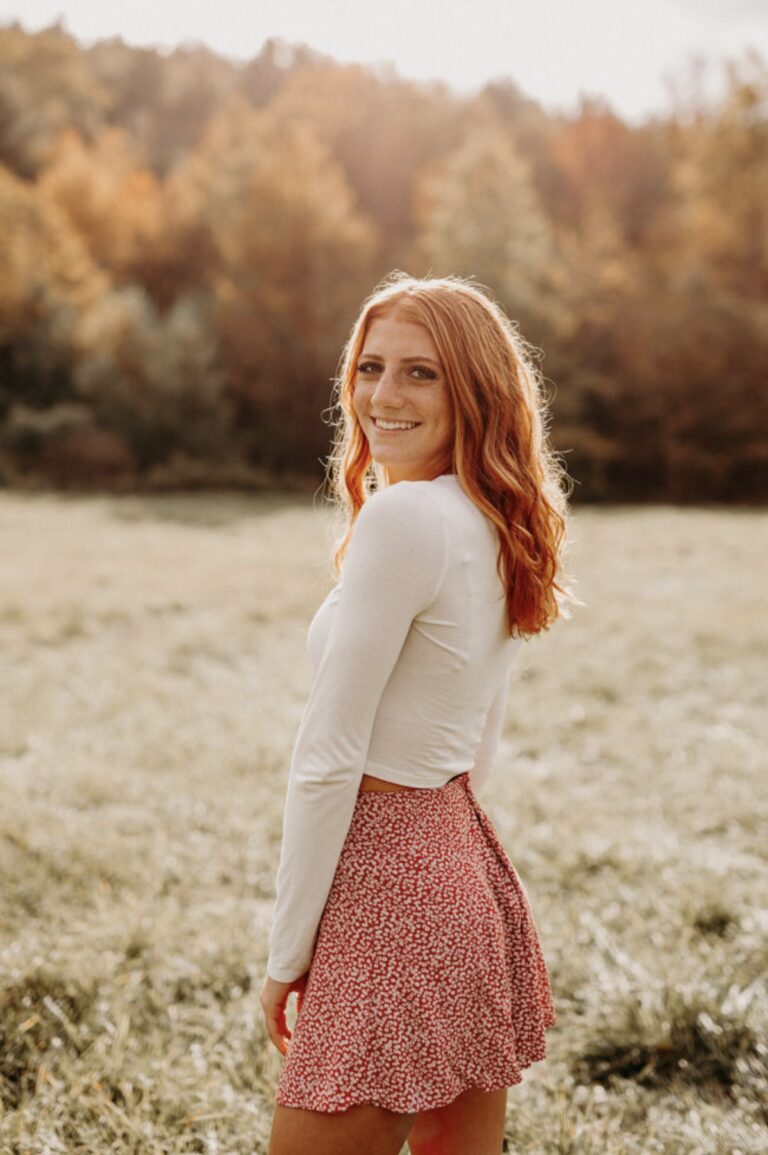Mental health issues rising
There’s no question that the pandemic has been difficult for everyone and has impacted mental health inordinately.
At a time when mental health issues are increasing, the Castleton Wellness Center has been under the same pressure that many institutions are now, but still doing its best to provide care for students.
Martha Coulter, the director of the Wellness Center, spoke about how much the pandemic has changed the way the Wellness Center operates.
“It’s not something that any of us are really comfortable with – having a Wellness Center whose doors are closed. But the doors are only physically closed,” Coulter said.
The Wellness Center is still holding nursing consultations and counseling sessions over Zoom, even making accommodations for on-campus students who don’t have access to a private room.
Even though these sessions are happening over Zoom, counseling services are almost full right now, and getting close to requiring a waiting list. More students are accessing these services than last semester, making the participation numbers about even compared with past years that have been in-person, Coulter said.
And it’s clear that these resources are needed. According to a survey sent out to first-year students enrolling at Castleton in 2020, 30% said they frequently felt overwhelmed by all they had to do, 35% frequently felt anxious, and 23% rated their mental health below average.
This year, the Wellness Center added another intern to the usual list of five counselors, the most it has ever had. On top of this, the Wellness Center is working hard to provide support groups and other programs and training to students, faculty, and staff.
On Mondays, they hold meetings for a small group of survivors of trauma who have committed to attending meetings for nine weeks. The group is full and has already begun meeting, but Coulter hopes that it will carry on every semester.
On Tuesdays at 1 p.m., the center holds a drop-in support group, open to anyone, for support in dealing with grief and loss.
The most recent addition is a program partnering with the Turning Point Center of Rutland, taking place on Mondays from 11 a.m. to 3 p.m., during which students, faculty, and staff can speak with a recovery coach about substance abuse issues – either for themself or for friends or family.
The Wellness Task Force, headed by Associate Dean of Students Victoria Angis, helped to bring this resource to campus. Though it has been a fairly quiet semester for the task force – comprised of faculty, administrators, students, and people in the community – their focus has been on prioritizing mental health.
“We’ve spent a lot of time this semester, and last semester, talking about mental health and how our students are struggling, and our faculty and staff are struggling, with similar problems of isolation,” Angis said.
Angis continued to stress the toll that COVID has taken on everyone, and the steps that the task force and the Wellness Center have been taking to alleviate that.
“As our numbers of students who have needs increase, we need to increase those service providers, and we were able to do that this year,” said Angis. “I have to applaud the Wellness Center – how they have been able to carry on despite COVID. They’re a really caring group of people and they’re doing the best they can.”
Kayla Laurie, a third-year theatre arts major and one of two student members of the Wellness Task Force, commended the focus on mental health this year.
“In the future it’d be really nice to sort of keep this ideology momentum that we’ve had throughout the pandemic of caring about students’ mental health, faculty and staff’s mental health,” Laurie said. “I don’t want that conversation to stop once we’re back to our normal lives.”
Laurie and fellow student task force member Allison Andrade, provide the group with a very important perspective – that of a college student living through the pandemic.
“At the beginning of last semester, faculty were like ‘oh I think it’s going great; I think my students are handling it really well,’ and it wasn’t until Allison and myself kind of said ‘we’re struggling, we are not okay, we need breaks,’ that they realized that point of view,” Laurie said.
The task force is open to all students and, according to Angis, welcomes more students to join or to provide input or suggestions.
Coulter also welcomes input from students regarding the Wellness Center.
“If people have ideas about what they wish we could be doing, we hope that they’ll let us know. Email the Wellness Center or email or call me. We’re here to serve the community, that’s what we care about,” she said.








